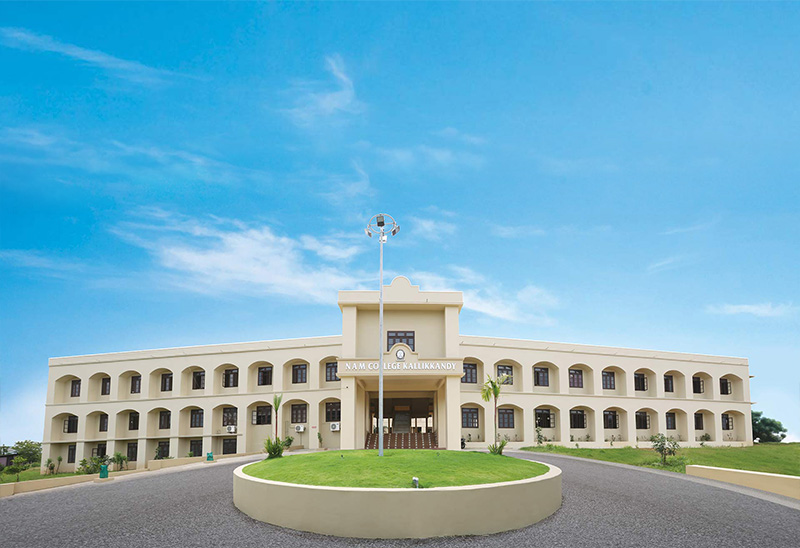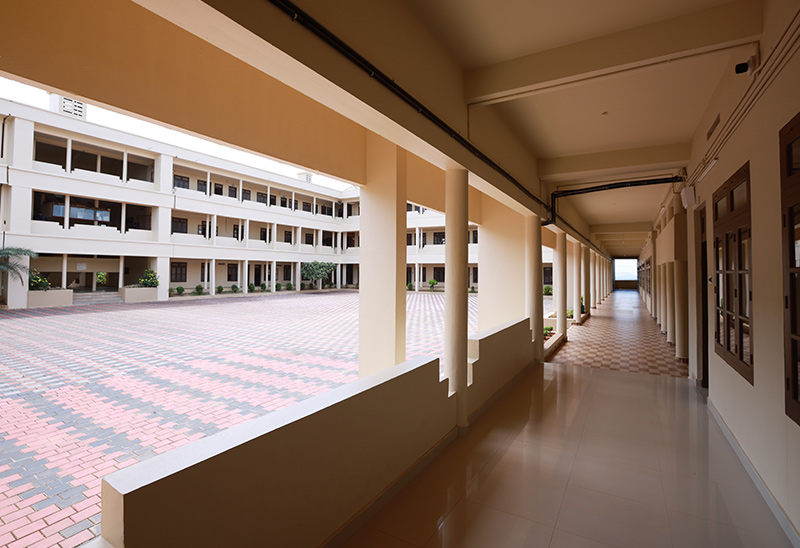-
-
- Anti-Ragging Cell
- ASAP Cell
- Career and Counseling Cell
- College Rules
- English Literary Club
- Entrepreneurship Development Club
- Film Club
- IIC
- Malayalam Club
- Minority Cell
- Music Club
- Nature Club
- NCC
- NSS
- OBC Cell
- PG Forum
- Readers Forum
- SC/ST Cell
- SSP
- Students Grievance and Redressal Cell
- Students Union
- Women's Cell
- Yoga Club
- Jeevani Center
- Dance Club

N.A.M College Kallikkandy
N.A.M is an aided institution affiliated to Kannur University, which is named after Jb. N.A.Mammu Haji, famous philanthropist and Ex-MLA of Peringalam constituency. It is accredited with B Grade by National Assessment and Accreditation Council (NAAC).

N.A.M College Kallikkandy
N.A.M is an aided institution affiliated to Kannur University, which is named after Jb. N.A.Mammu Haji, famous philanthropist and Ex-MLA of Peringalam constituency. It is accredited with B Grade by National Assessment and Accreditation Council (NAAC).

N.A.M College Kallikkandy
N.A.M is an aided institution affiliated to Kannur University, which is named after Jb. N.A.Mammu Haji, famous philanthropist and Ex-MLA of Peringalam constituency. It is accredited with B Grade by National Assessment and Accreditation Council (NAAC).
-
-
History
The Department of History, one of the first three departments started in the college in 1995, is a resourceful center for historical studies.
-
English
The Department of English has been an integral part of the college since its inception in 1995.
-
Computer Science
The Department of Computer Science was established in 1995 with the specific mission of imparting high-quality computer education to young generation.
-
Polymer Chemistry
Department of Polymer Chemistry, established in 1999, offers courses in Chemistry and Polymer Chemistry with complementary elective courses in Mathematics and Computer Science.
-
Mathematics
Department of Mathematics started in 1995 as a supporting department for Computer Science.
-
Commerce
The Department of Commerce was started in 1995. Initially the department offered B. Com degree with Travel and Tourism as optional course.
-
Management Studies
The BBA programme was started in self-financing mode in 2015 and it functioned under the Department of Commerce till March 2017 with the strength of 41 students.
-
Oriental Languages
-
Physical Education
-

N.A.M College Kallikkandy
N.A.M is an aided institution affiliated to Kannur University, which is named after Jb. N.A.Mammu Haji, famous philanthropist and Ex-MLA of Peringalam constituency. It is accredited with B Grade by National Assessment and Accreditation Council (NAAC).

 About Us
About Us Academics
Academics Admission
Admission Facilities
Facilities Student Zone
Student Zone IQAC
IQAC Profile
Profile Faculty
Faculty Courses
Courses Activities
Activities Achievements
Achievements Facilities
Facilities Learning Resources
Learning Resources Gallery
Gallery Examination Result
Examination Result Mentoring
Mentoring